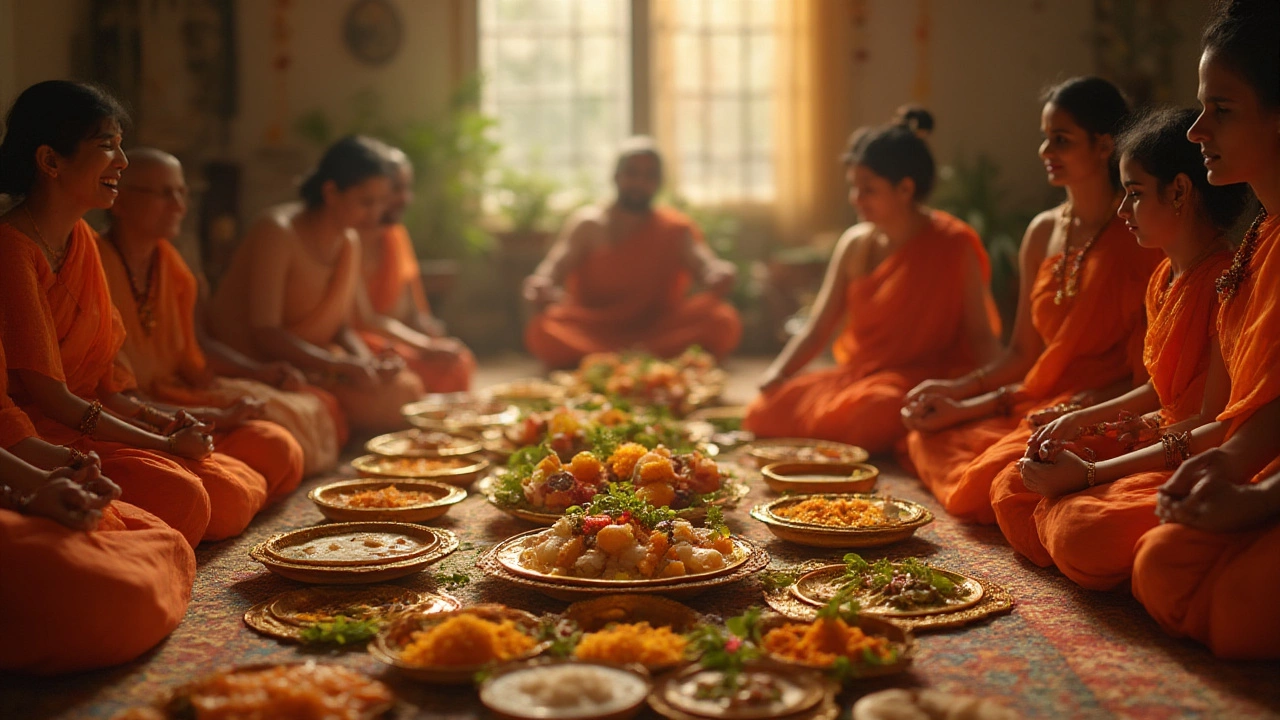Pork Taboo: Understanding the Reasons Behind Pork Avoidance in India
Ever wondered why pork rarely shows up on Indian menus? It’s not just a matter of taste – deep‑rooted cultural, religious, and health beliefs keep pork off the plate for many. In this article we’ll break down those reasons, show how they affect everyday cooking, and give you a clear picture of the pork taboo in India.
Religious Beliefs That Keep Pork Out
Hinduism, Islam, and several tribal traditions have rules about food that often label pork as impure. Hindus view the pig as unclean because it eats anything, while many Muslims follow strict halal guidelines that forbid pork entirely. These beliefs aren’t just ancient myths; they guide what families buy, what street stalls sell, and even what restaurants list on their menus.
Health Concerns and Practical Reasons
Beyond religion, many Indians avoid pork for health reasons. In hot climates, pork can spoil quickly if not stored properly, leading to food‑borne illnesses. Traditional Indian cooking relies on spices that preserve meat, but pork’s higher fat content makes it more prone to rancidity. Over time, these practical worries turned into cultural habits that persist today.
Because of these factors, you’ll find that most Indian recipes use chicken, lamb, goat, or vegetarian proteins. Even when a dish could technically be made with pork, cooks often swap it for safer, more accepted meat. This substitution doesn’t just respect tradition – it also fits the flavor profile Indian cuisine is built around, like the use of cumin, mustard seeds, and curry leaves.
If you’re traveling in India and crave pork, you’ll need to look for specific regional cuisines. Places like the Northeastern states (Nagaland, Mizoram) and some coastal Christian communities do enjoy pork, but they’re the exception, not the rule. Knowing where to go saves time and avoids awkward moments at a family dinner.
For home cooks, the pork taboo can be a chance to experiment. Try recreating a pork‑style dish using chicken or paneer, and you’ll still get that satisfying texture without stepping on cultural sensitivities. Many chefs use soy protein or jackfruit to mimic pork’s chewiness, especially in vegan versions of classic Indian stews.
Understanding the pork taboo also helps you respect your Indian friends and colleagues. If someone declines a pork dish, it’s usually not a personal slight – it’s a deeply held belief. A simple, “No worries, I respect that,” goes a long way in building trust and showing cultural awareness.
Bottom line: pork’s rarity in Indian cooking stems from a mix of religion, health, and practicality. Knowing the why lets you navigate menus confidently, experiment safely in your kitchen, and honor the traditions that shape India’s vibrant food scene.
Why Do Hindus Not Eat Pork? Indian Food Beliefs and Traditions Explained
Why don't most Hindus eat pork? Discover the cultural, spiritual, and historical reasons behind this widely observed Hindu food restriction and its impact on Indian cuisine.
